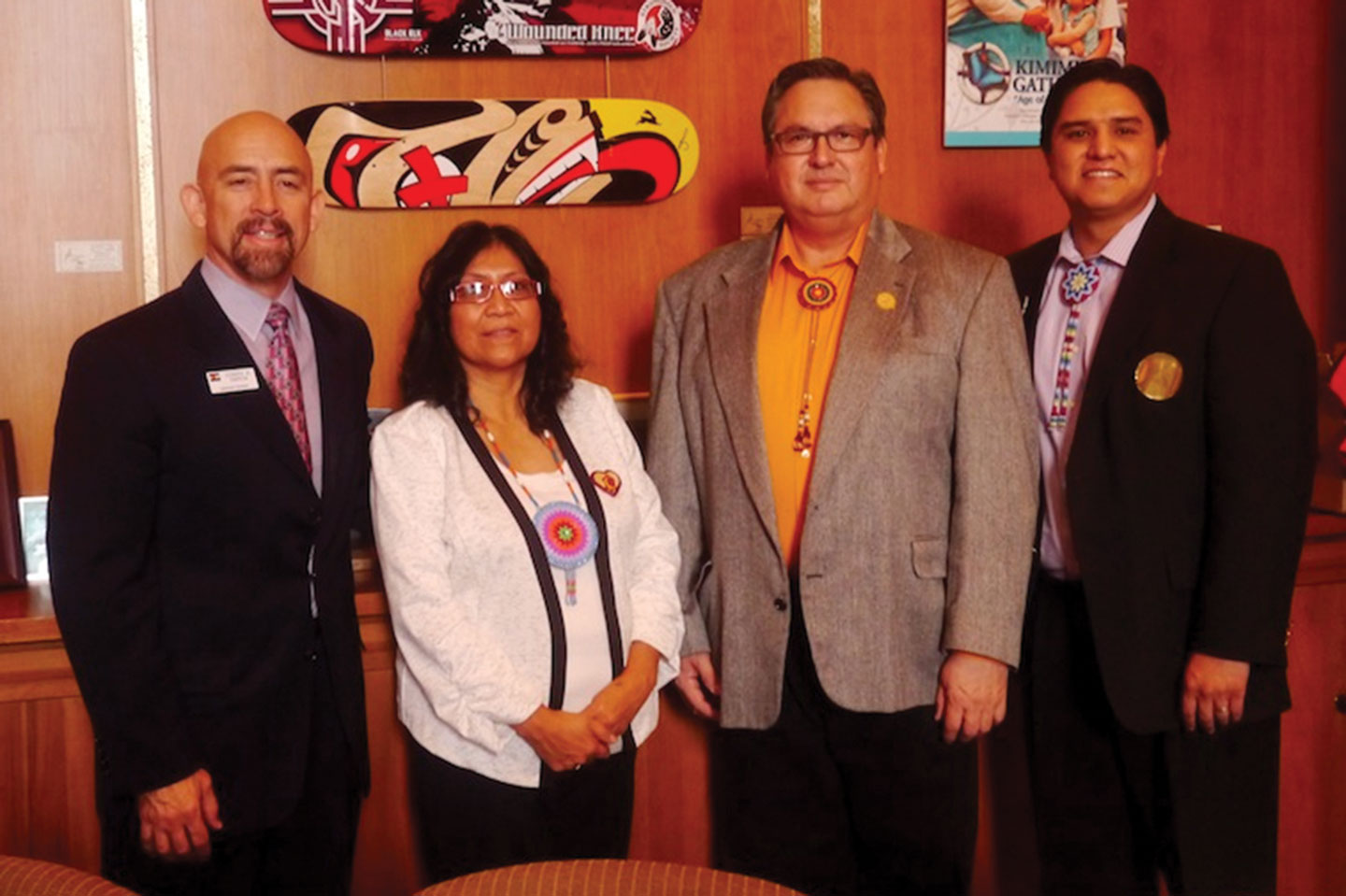Earlier this month, the Colorado House Education Committee approved a bill on a 9-4 vote to give Native Americans with historical ties to Colorado a break on college tuition.
House Bill 1124, sponsored by Rep. Joe Salazar, D-Thornton, will give members of 48 different tribes in-state status for tuition purposes at all state schools. The tuition break will take effect beginning with the 2014-15 academic year.
“Often due to circumstances beyond their control, many American Indian tribes and members of American Indian tribes have been forced to relocate across state lines, far from their historical home places,” the bill reads. “It is in the best interests of the state and of affected American Indian students for Colorado to extend in-state tuition classification to any American Indian student who is a registered member of a federally recognized American Indian tribe with historical ties to Colorado.”
Native Americans represent the demographic with the lowest college attendance and graduation rates, with less than 42 percent attending in 2011, well below the national average of 57 percent, according to the U.S. Census Bureau.
“It’s good that the state recognizes tribes that have ties to the state by allowing affordable education,” said Southern Ute Chairman Jimmy R. Newton Jr. “Southern Ute also benefits from the in-state tuition for members who live off the reservation and out of state. This is another example of a good working relationship with Indian Country.”
“There are incredibly low numbers of American Indian students enrolled in higher education institutions across the state,” Salazar said in a release. “We know the American Indian community faces severe economic hardships, and this bill will give them a much better chance of attaining higher education.”
The bill will only serve tribes designated by the Colorado Commission of Indian Affairs. That clause is of some concern to Southern Ute Indian Tribal Council members Alex S. Cloud and Aaron V. Torres, who said they believe the opportunity should be extended to descendants as well as enrolled members.
“We can’t forget about our descendants. They also have historical ties to the state. We want them to contribute to the economy as well, and just because they aren’t enrolled doesn’t mean they should be forgotten,” Cloud said.
Fort Lewis College in Durango is the only college with an exception to the bill because it already offers a free education to all Native American students.

